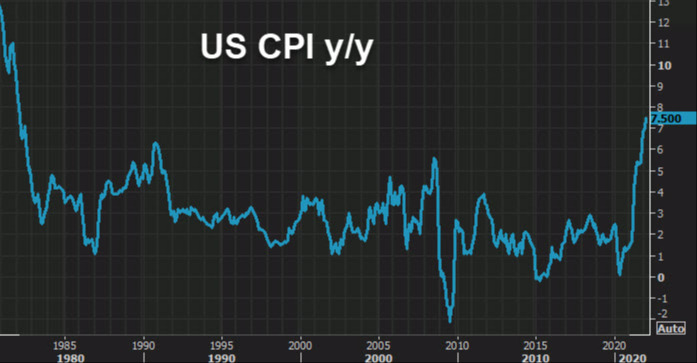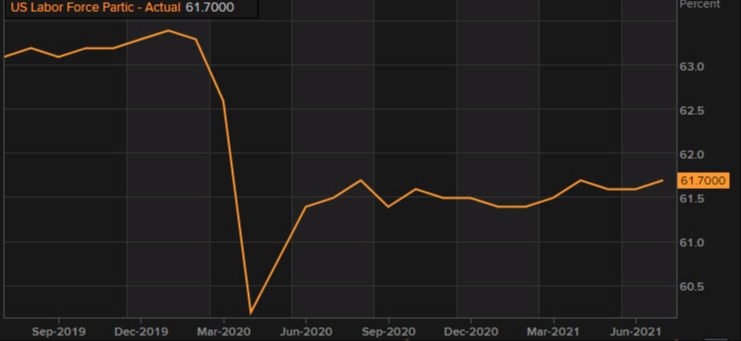
With all the drama today, let's dial back and look at the big picture in inflation.
What's making it so tough to forecast right now is that there are very clear two opposite factors at work.
1) Supply chain bottlenecks
These are very real and are undoubtedly causing the prices of many goods to rise to levels where they otherwise wouldn't -- used cars are an obvious example. At some point, bottlenecks will ease and prices will flatten, if not decline.
2) Hot economic growth
Last year as the best year of US economic growth in a generation. Jobs are plentiful and people accumulated large savings during the pandemic. That's a classic inflationary impetus.
What makes it tough to read
Commodity and energy-price inflation is driven by both of these factors. Normally, that kind of inflation is easy to look past because it's a one-off. But there's such a dramatic and coordinated rise in many commodity prices that it creates a shock and sometimes that changes the consumer mindset.
Secondly, on the employment front, US labor force participation is still significantly lower than pre-pandemic. There's a clear divide at the Fed and among economists on whether the pandemic pushed people into early retirement or temporarily due to the sidelines. If there are millions of workers who will soon return, that could cap wage rises.

What will happen
I think of it more as a race than a competition. At some point bottlenecks will ease but if it takes too long, the higher embedded prices start to cause a wage-price spiral. Companies are willing to eat short term costs but once they become convinced that they're longer term, or find that they can get away with higher prices, that mindset changes.
I think of it as that kindof Depression-era mindset where it's more psychological than real. Like those old-timers that still count every penny because there was no food on the table for years. Economists like to lean on numbers but collective psychology explains more than anything. We're precipitously close to a tipping point towards an inflationary mindset.
The problem with that is that bonds are the biggest bubble in human history. If that inflationary mindset becomes embedded it will take +4% rates and a recession to break it. That's a painful thought.
The x-factor for me is China. So far they're doing a near-miraculous job of containing omicron. If a series of outbreaks hit larger cities and/or shutdown factories and ports, that's a fresh shock to supply chains and what will break the back of the market.



